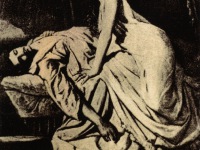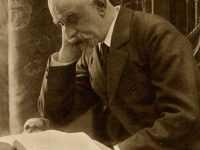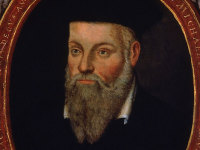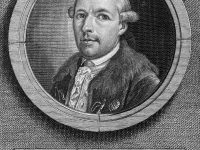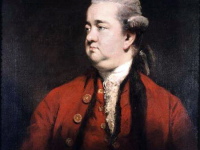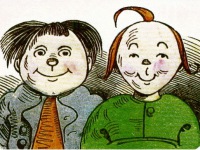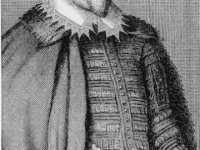The Short but Influential Life of Stephen Crane
On June 5, 1900, famous American writer Stephen Crane died at age 28. Despite of his youth, he already had become one of the icons of American literature. Most famous is his American civil war novel ‘The Red Badge of Courage‘, which has been read by almost every American high school kid. Crane was one of America’s foremost realistic writers, and his works have been credited with marking the beginning of modern…
Read more


